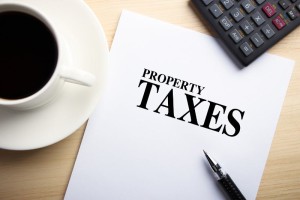Homeowners Tax Rules to Change
 Own a townhouse, condo, or any other sort of residence? There are tax changes coming you need to know about. To address loopholes in the tax system, Finance Minister Bill Morneau has introduced changes to ensure everyone pays their fair share.
Own a townhouse, condo, or any other sort of residence? There are tax changes coming you need to know about. To address loopholes in the tax system, Finance Minister Bill Morneau has introduced changes to ensure everyone pays their fair share.
Don’t Owe Homeowners Tax
The announcement was made earlier this month. However, these changes may catch many Canadians off guard. Many people have inadvertently escaped paying tax on principal residences. This is because the rules are so complex, many Canadians simply don’t recognize when they might owe tax on a property.
Most people assume that every sale of a residence is tax-free, thanks to the Principal Residence Exemption (PRE). The CRA has thus far not required Canadians to report the sale of a principal residence, if the PRE shelters the full gain from tax. The result is that there were many unreported sales, even in situations when taxes were due. Since the sales were unreported, these omissions have largely gone undetected—but all that’s about to change.
Form T2091 allows you to designate your primary residence for tax exemption. Residences that are used only part-time, like a cottage, cabin, or downtown loft generally do not apply—even if it’s only being used by members of your family. Under the new rules, the CRA will have the information it needs to figure out when homeowners tax is owing.
Report Every Residence Sale
Canadians are now required to report every sale of a principal residence on their tax return, whether tax is owing or not. This starts with dispositions in 2016. So, any homes purchased this year will have to be declared. Basic information, including date of purchase, proceeds of disposition, and a description of the property, will have to be included on Schedule 3 when filing your 2016 tax return.
Failure to report a residence purchased in 2016, or any time thereafter, will mean losing entitlement to the PRE. If you work with an accountant or tax lawyer, make sure to discuss the impact of the new rules around the homeowners tax. If you forget to designate a property as your principal residence in the year of sale, you will need to ask the CRA to amend the return for that year. They will typically be accommodating, although late penalties could apply.
